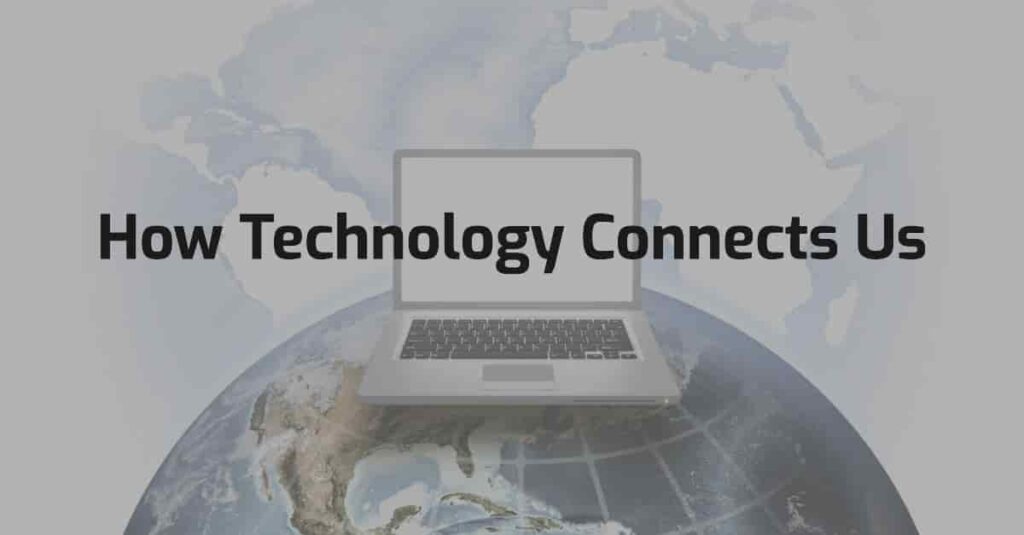
Hacking Your Nigerian Education with Smart Tech
For most Nigerian students, “technology in education” often conjures images of endless WhatsApp group chats or quick Google searches for exam answers. But what if I told you there’s a deeper, more strategic way to leverage tech that goes beyond the surface, truly empowering your academic grind and future prospects?
This isn’t about generic e-learning; it’s about hacking your education with specific digital tools and mindsets that directly address the realities of studying in Nigeria – from unreliable power to limited resources.
The Real Tech Advantage: Beyond Basic Access
Forget the utopian vision of seamless broadband everywhere. Your true tech advantage lies in:
Offline Learning Fortification
This is your secret weapon against erratic power and data costs.
- The Power of Downloadable Content:Are you actively downloading lecture notes, textbooks (where legally permissible), and video tutorials during those brief moments of stable internet? Many university portals, and even some A-Level/O-Level focused platforms, allow for offline access to course materials. Don’t just stream; download.
- Offline Encyclopedias & Databases:Think beyond Wikipedia. Apps like Kiwix allow you to download entire offline versions of Wikipedia, Project Gutenberg (for classic literature), and even Khan Academy content. Imagine having a vast library of knowledge accessible on your phone, even during a blackout.
- Anki/Quizlet for Spaced Repetition (Offline Mastery):Forget cramming. These flashcard apps, particularly Anki, are goldmines for memorization (think definitions, formulas, dates) and work perfectly offline once you’ve created or downloaded card decks. This is crucial for O-Level and A-Level content where recall is key, and for university students grappling with vast amounts of information.
Optimizing Limited Data & Bandwidth
- Data-Saving Browsers:Are you using browsers like Opera Mini or Chrome’s data saver mode? These can significantly reduce data consumption when you do need to be online for research or submitting assignments.
- Strategic Video Consumption:Instead of streaming 720p lectures on YouTube, look for platforms that offer lower resolution options or allow you to download videos in advance. Prioritize audio if visual cues aren’t critical.
- Leveraging University/School Wi-Fi:When you do have access to campus Wi-Fi (if available), make it a mission to download everything you might need for offline study – research papers, e-books, software updates. Treat campus Wi-Fi like a goldmine for pre-loading your knowledge arsenal.
Beyond Rote: Active Learning with Digital Tools
- Interactive Practice Platforms:For O-Level and A-Level, platforms like Past Questions apps (many locally developed) and online quiz engines (often found on educational websites) offer immediate feedback, helping you identify weak spots before the exam.
- Conceptual Understanding with Simulations:For science students, particularly at A-Level and university, explore free online simulations (PhET Interactive Simulations by the University of Colorado Boulder is a fantastic example) for physics, chemistry, and biology. These offer hands-on understanding that a textbook can’t replicate, even if it’s “virtual hands-on.”
- Digital Notetaking & Organization:Tools like Evernote, OneNote, or even simple document apps on your phone/laptop can help you organize vast amounts of information, cross-reference notes, and create searchable study guides. This is invaluable for the sheer volume of content at the university level.
Community & Collaboration (The Smart Way)
- Focused Online Forums/Groups:Beyond social WhatsApp chats, seek out or create study groups on platforms that allow for structured discussions, file sharing, and even collaborative document editing (Google Docs is free and effective). This is about leveraging collective intelligence, not just circulating memes.
- Peer Tutoring & Explanations:Use video call apps for focused study sessions where you teach each other concepts. Explaining a topic to someone else is one of the most effective ways to solidify your own understanding.
The Future is Now: Building Digital Fluency
The ultimate “niche” skill you gain from strategically using technology is digital fluency. It’s not just about knowing how to use an app; it’s about:
- Information Literacy:Critically evaluating sources, distinguishing credible information from misinformation – a vital skill in the age of overwhelming online content.
- Problem-Solving:Using digital tools to solve academic problems, from statistical analysis software to coding for engineering problems.
- Adaptability:The ability to learn and master new software and platforms quickly, a skill highly prized by employers.
By moving beyond basic digital consumption and actively harnessing technology as a proactive learning tool, you’re not just improving your grades; you’re building a foundation for success in a rapidly evolving Nigerian and global landscape. Don’t just use tech for convenience; use it for competence.
Reference
- (2021, April 26). Bridging the technology gap in the Nigerian education system (I). Retrieved from https://www.thecable.ng/bridging-the-technology-gap-in-the-nigerian-education-system-i
- (2024, October 11). From blackboard to smartboard: Tech redefining Nigeria’s learning system. Retrieved from https://businessday.ng/news/article/from-blackboard-to-smartboard-tech-redefining-nigerias-learning-system/
- Punch Newspapers. (2017, April 23). Ensuring education technology grows in Nigeria. Retrieved from https://punchng.com/ensuring-education-technology-grows-in-nigeria/
- (2024, November 11). Hybrid learning and digital skill integration in Nigeria’s post-pandemic classroom. Retrieved from https://edugist.org/hybrid-learning-digital-skill-integration/
- Vanguard Nigeria. (2025, January 13). Solving Nigeria’s education problem using digital technology. Retrieved from https://www.vanguardngr.com/2025/01/solving-nigerias-education-problem-using-digital-technology/
- Penprofile. (n.d.). How Nigerian students study without electricity or data. Retrieved from https://www.penprofile.com/blogs/how-nigerian-students-study-without-electricity-or-data



